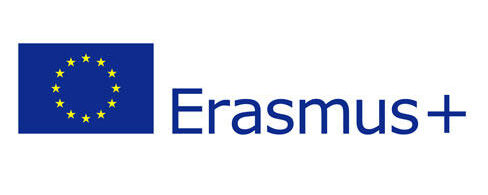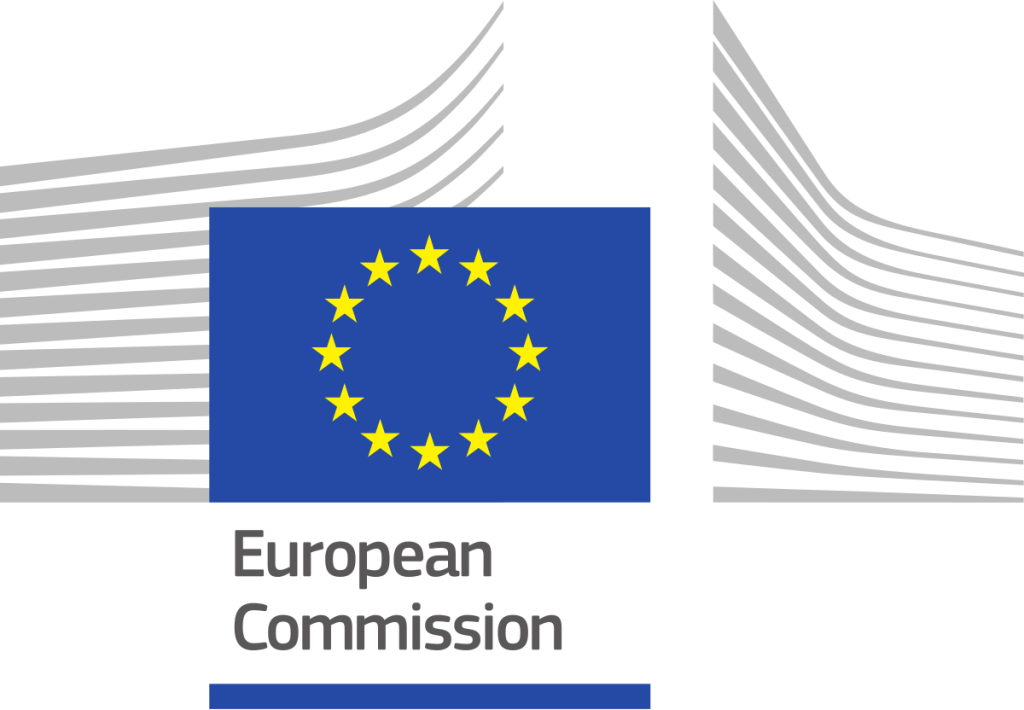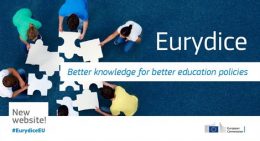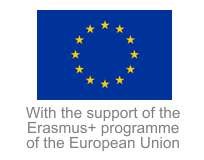National Erasmus + Office +382 20 223 087
Mobility project for higher education students and staff (Credit mobility)
This mobility project can comprise one or more of the following activities:
Student mobility:
- a study period abroad at a partner higher education institution (HEI);
- a traineeship (work placement)abroad in an enterprise or any other relevant workplace.
A study period abroad may include a traineeship period as well.
To ensure high-quality mobility activities with maximum impact on the students, the mobility activity has to be compatible with the student’s degree-related learning and personal development needs. The study period abroad must be part of the student’s study programme to complete a degree at a short cycle, first cycle (Bachelor or equivalent), second cycle (Master or equivalent) and third or doctoral cycle.
Traineeships abroad at a workplace are also supported during short cycle, first, second, third cycle studies and within a maximum of one year after the student’s graduation. This also includes the ‘assistantships ‘for student teachers.
Wherever possible, the traineeships should be an integrated part of the student’s study programme.
Student mobility can be in any subject area/academic discipline.
Staff mobility:
- teaching periods: this activity allows HEI teaching staff or staff from enterprises to teach at a partner HEI abroad. Staff mobility for teaching can be in any subject area/academic discipline.
- training periods: this activity supports the professional development of HEI teaching and non-teaching staff in the form of training events abroad (excluding conferences) and job shadowing/observation periods/training at a partner HEI, or at another relevant organisation abroad.
A period abroad can combine teaching and training activities.
The majority of the budget of this Action will support activities involving mobility between Programme Countries. However, a limited amount of the budget available for this Action can fund international activities between Programme and all Partner Countries of the world, except regions 5, 9,and 12(see section “eligible countries” in Part A of the Programme Guide).
The sending and receiving organisations, together with the students/staff, must have agreed on the activities to be undertaken by the students -in a ‘Learning Agreement’-or by staff members -in a ‘Mobility Agreement’-prior to the start of the mobility period. These agreements define the target learning outcomes for the learning period abroad, specify the formal recognition provisions and list the rights and obligations of each party. When the activity is between two higher education institutions (student mobility for studies and staff mobility for teaching), an ‘inter-institutional agreement’ has to be in place between the sending and the receiving institutions before the exchanges can start.
By signing the Erasmus Charter for Higher Education(ECHE), higher education institutions commit to provide all the necessary support to mobile participants, includinglinguistic preparation. To support them, online linguistic support is being gradually implemented in the course of the Programme for all long-term mobility activities of two months and longer. It is made available by the European Commission to eligible participants to assess their foreign language competences and to offer, where necessary, the most appropriate language learning before and/or during mobility (for more details, see Annex I of the Programme Guide). Partner Country higher education institutions are not eligible to sign the ECHE, therefore details of the linguistic support offered to mobile participants should be made explicit in the inter-institutional agreement.
- For an application as individual HEI: higher education institutions established in a Programme Country and awarded with an Erasmus Charter for Higher Education (ECHE) can apply for the grant. For more information on the Charter, see the section “Erasmus Charter for Higher Education” below and the Annex I of the Programme Guide).
- For an application as national mobility consortium: coordinating organisations established in a Programme Country and coordinating a consortium awarded with a higher education Mobility Consortium Certificate can apply for the grant. Organisations that do not hold a valid Mobility Consortium Certificate can apply for this Certificate on behalf of a Mobility Consortium at the same time of applying for a mobility project grant. All the involved higher education institutions from eligible Programme countries must hold an Erasmus Charter for Higher Education (ECHE). These organisations will be eligible for a mobility project only if their application for the Mobility Consortium Certificate is successful.
A HEI or national mobility consortium can apply only once per selection round for a mobility project between Programme Countries and only once per selection round for a mobility project between Programme Countries and Partner Countries. However a HEI may be part of or coordinate several different consortia applying at the same time.
Higher education institutions from Montenegro can participatee in the projects establishing inter-instituitional agreements with programme countries HEIs through which they can provide scholarship schemes for the exchange of students, academic and administrative staff with higher education institutions from the EU countries.







Hi there! Do you know if they make any plugins to assist with Search Engine Optimization?
I’m trying to get my blog to rank for some targeted keywords but I’m not seeing very good success.
If you know of any please share. Thank you! I saw similar
text here: Eco blankets